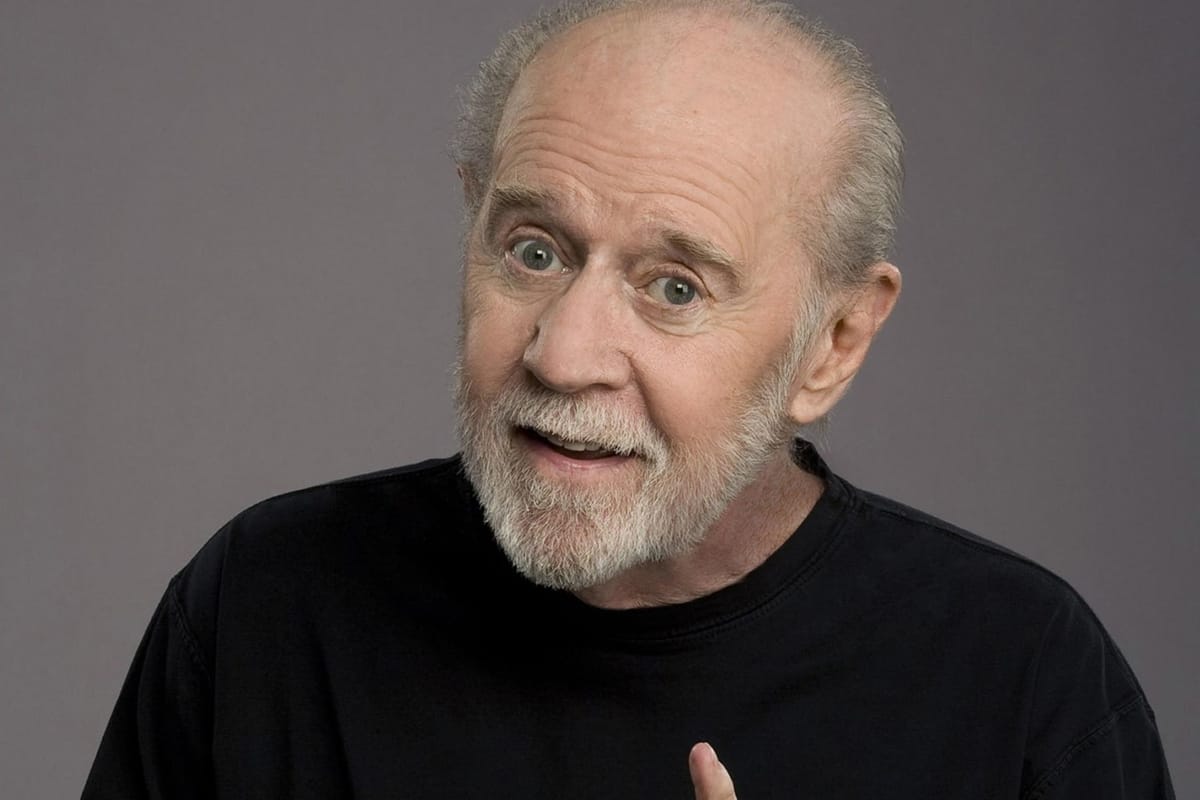George Carlin's AI clone lawsuit
The lawsuit involving George Carlin's estate and the creators of an AI-generated comedy special featuring a clone of the late comedian has been a significant case highlighting the legal and ethical challenges posed by artificial intelligence in the realm of copyright and personality rights.

The lawsuit involving George Carlin's estate and the creators of an AI-generated comedy special featuring a clone of the late comedian has been a significant case highlighting the legal and ethical challenges posed by artificial intelligence in the realm of copyright and personality rights. The estate of George Carlin filed a lawsuit against the media company Dudesy, which is behind the AI-generated hour-long comedy special titled "George Carlin: I’m Glad I’m Dead." This special purportedly used artificial intelligence to recreate George Carlin’s style and material, delivering commentary on current events in a manner that mimicked the late comedian's voice, cadence, and attitude[1][2][3].
The lawsuit, filed in federal court in Los Angeles, accused Dudesy and podcast hosts Will Sasso and Chad Kultgen of violating Carlin’s right of publicity and copyright by using his likeness and copyrighted materials without permission or licensing. The plaintiffs sought a court order for the immediate removal of the audio special and unspecified damages[1][2][3]. The case was among the first major legal actions taken by the estate of a deceased celebrity against unlicensed use of their work and likeness in an AI-generated creation[2].
The controversy centered around the use of Carlin’s entire body of work to write the episode’s script and the use of his voice and likeness for promotional purposes without consent or compensation. The special was described as a "first of its kind media experiment" and was criticized for being a "poorly-executed facsimile" that capitalized on Carlin's legacy[2][3].
The lawsuit was settled on April 3, 2024, with the Dudesy podcast and its creators agreeing to remove all likeness or image in any content related to the AI-generated George Carlin. The terms of the deal were not disclosed, but both Carlin's family and an attorney for his estate praised the settlement. The resolution of this case did not reach the discovery phase, leaving some questions unanswered about the exact nature of the AI-generated content[4][5].
This lawsuit and its settlement have underscored the growing concerns over the use of AI to impersonate individuals without consent, especially in the absence of comprehensive federal laws covering such practices. The case has highlighted the potential for future litigation over whether AI-generated imitations could be considered parodies allowed under copyright law, a question that remains largely untested in the context of generative AI tools[4][5].
Citations:
[1] https://apnews.com/article/george-carlin-artificial-intelligence-special-lawsuit-39d64f728f7a6a621f25d3f4789acadd
[2] https://www.hollywoodreporter.com/business/business-news/ai-generated-george-carlin-special-ignites-copyright-infringement-lawsuit-1235807439/
[3] https://variety.com/2024/digital/news/george-carlin-ai-special-sued-by-estate-1235888510/
[4] https://www.theguardian.com/technology/2024/apr/03/george-carlin-dudesy-podcast-ai-lawsuit
[5] https://www.hollywoodreporter.com/business/business-news/george-carlins-estate-settles-lawsuit-podcasters-over-ai-episode-1235865033/
[6] https://variety.com/2024/tv/news/george-carlin-ai-impersonation-lawsuit-settlement-1235958396/
[7] https://www.atchisonglobenow.com/news/national/podcast-sued-for-ai-george-carlin-settles-with-comics-estate/article_cedb3835-749f-5c60-9d00-da1579710b5d.html
[8] https://www.youtube.com/watch?v=roXlv835G0U